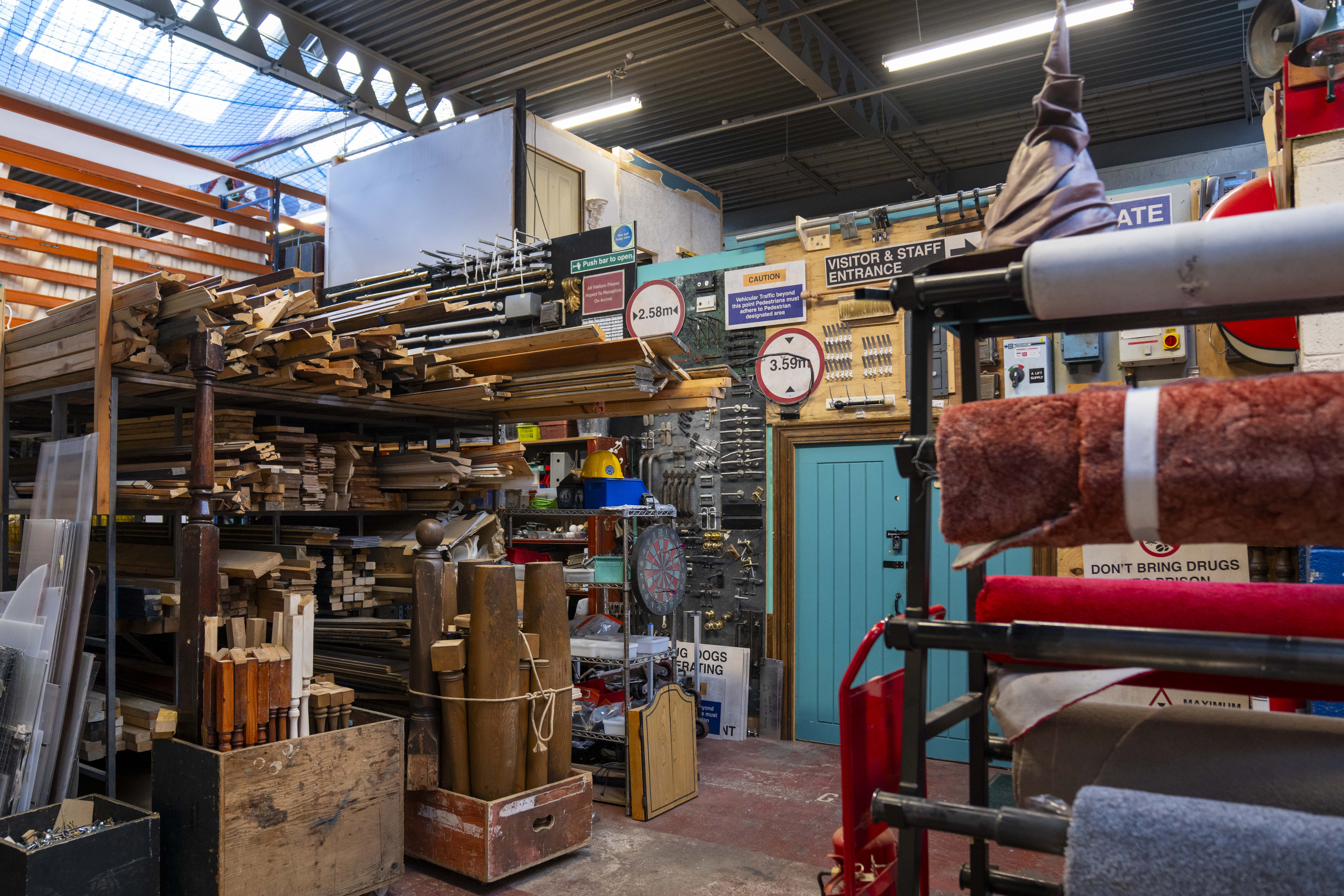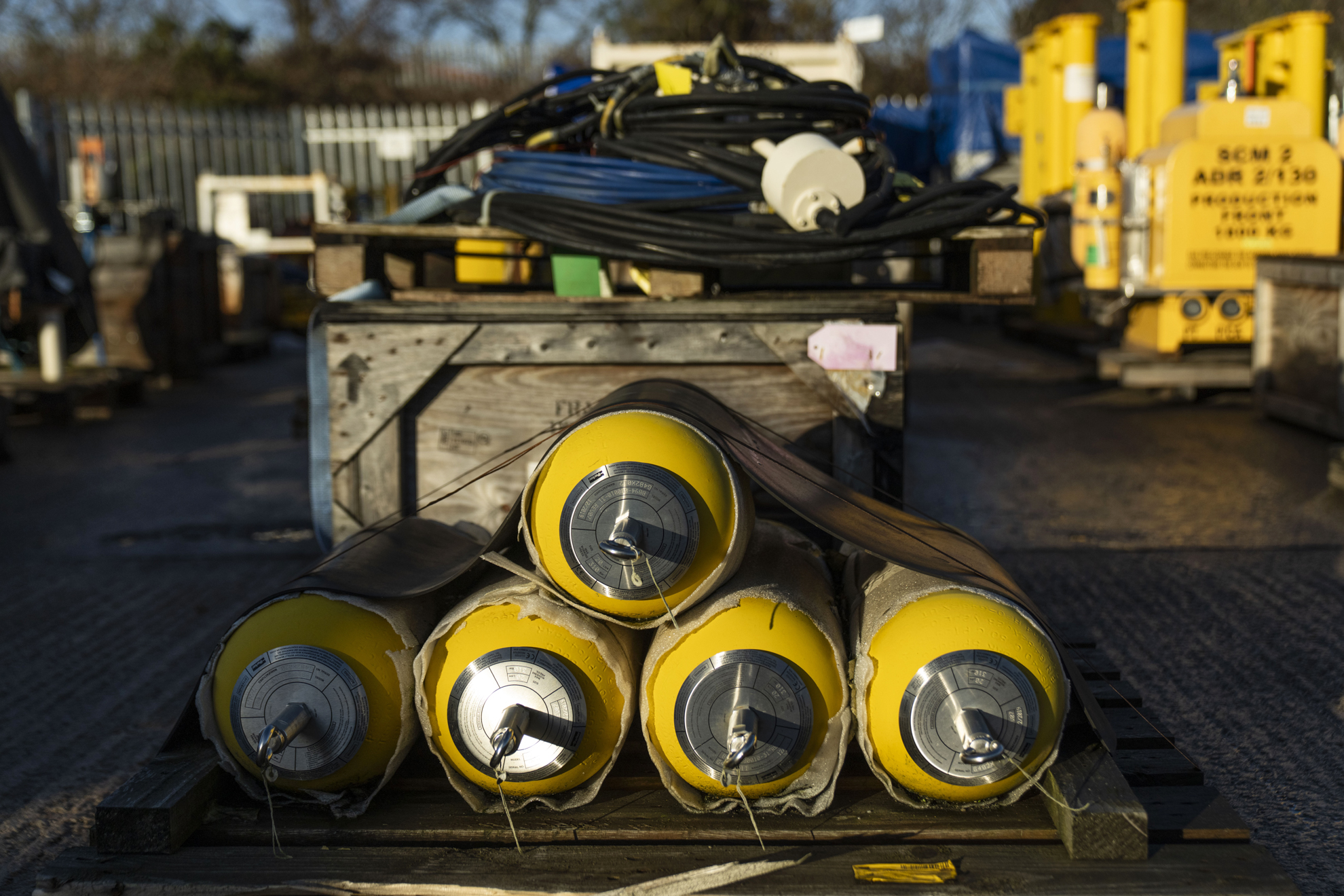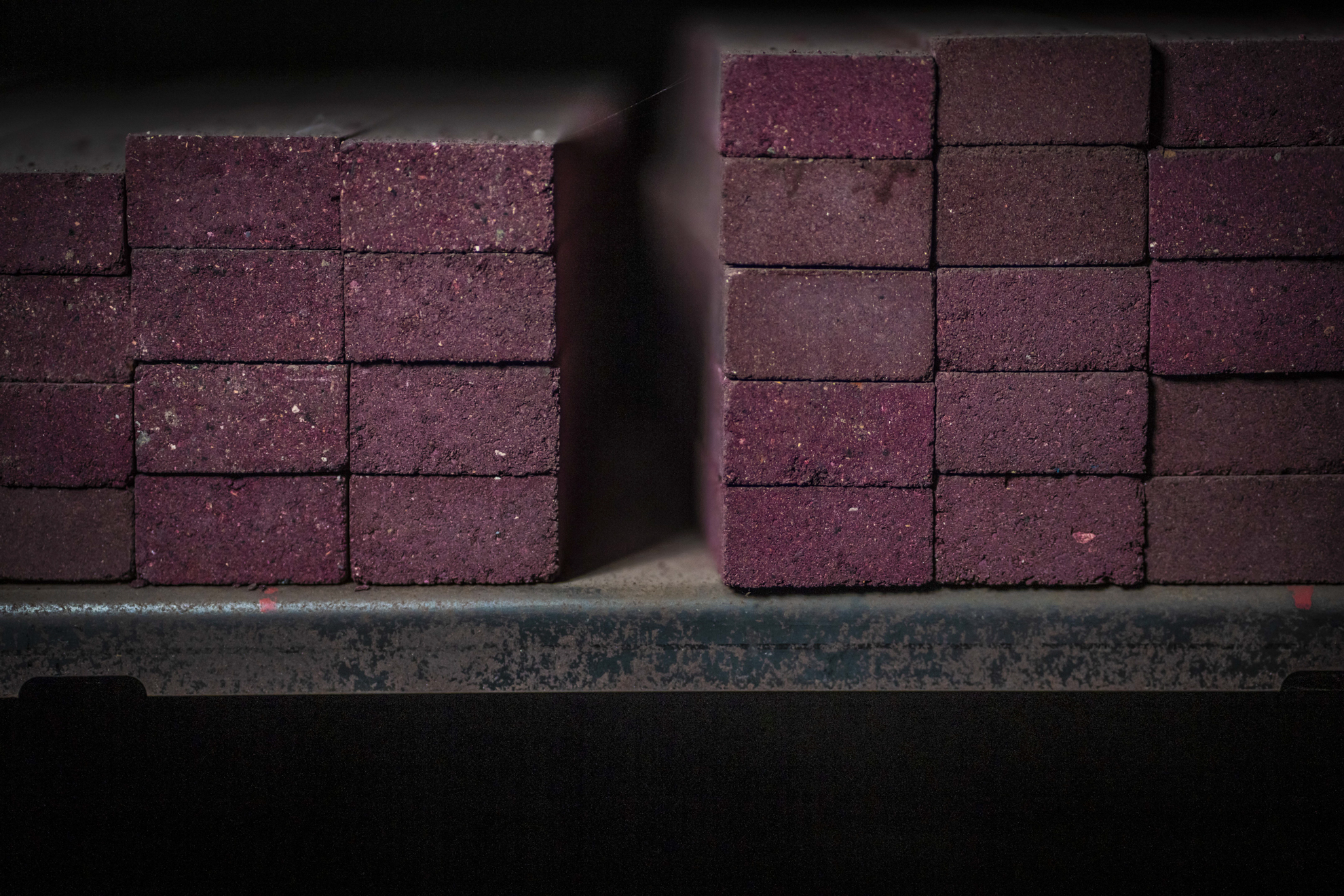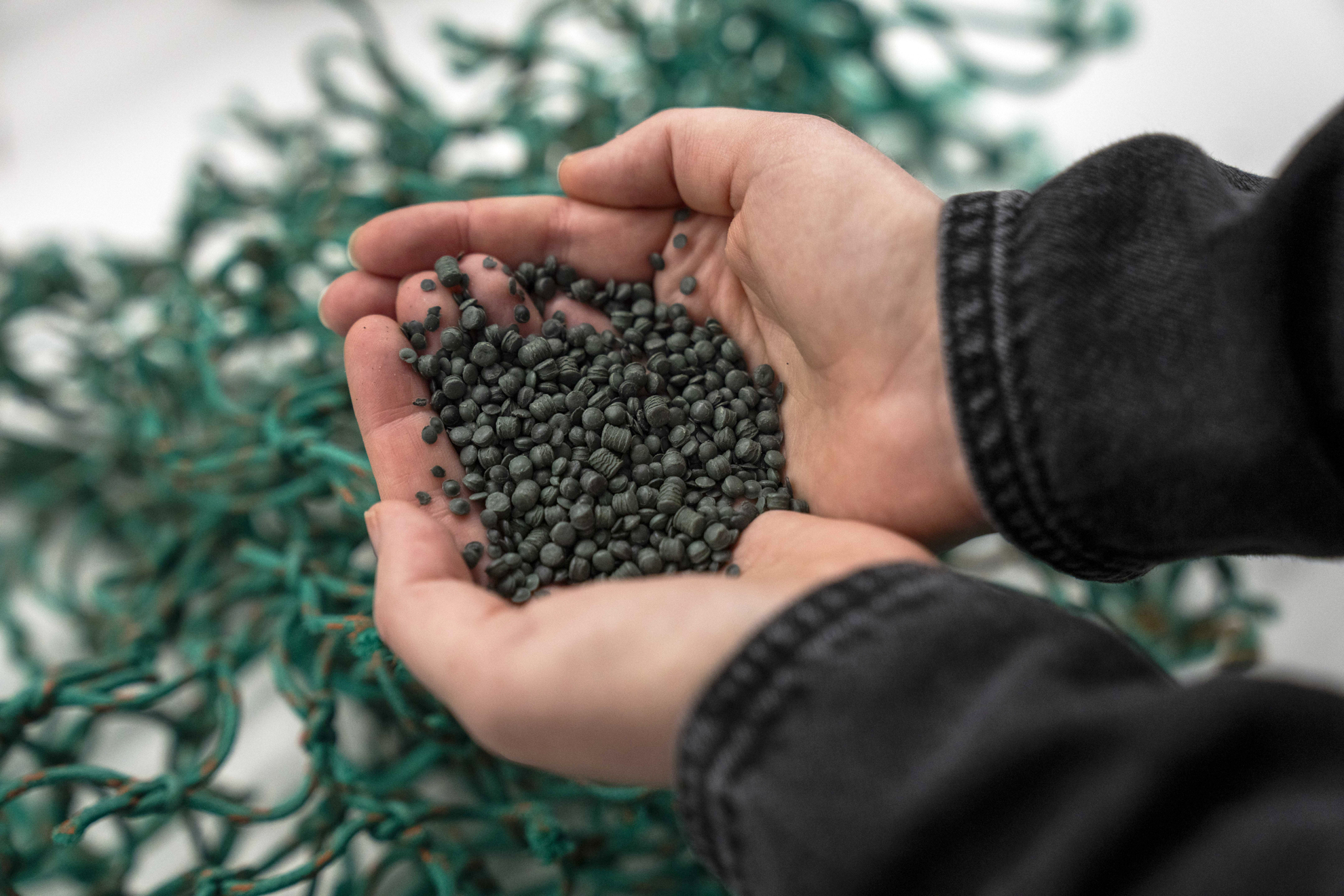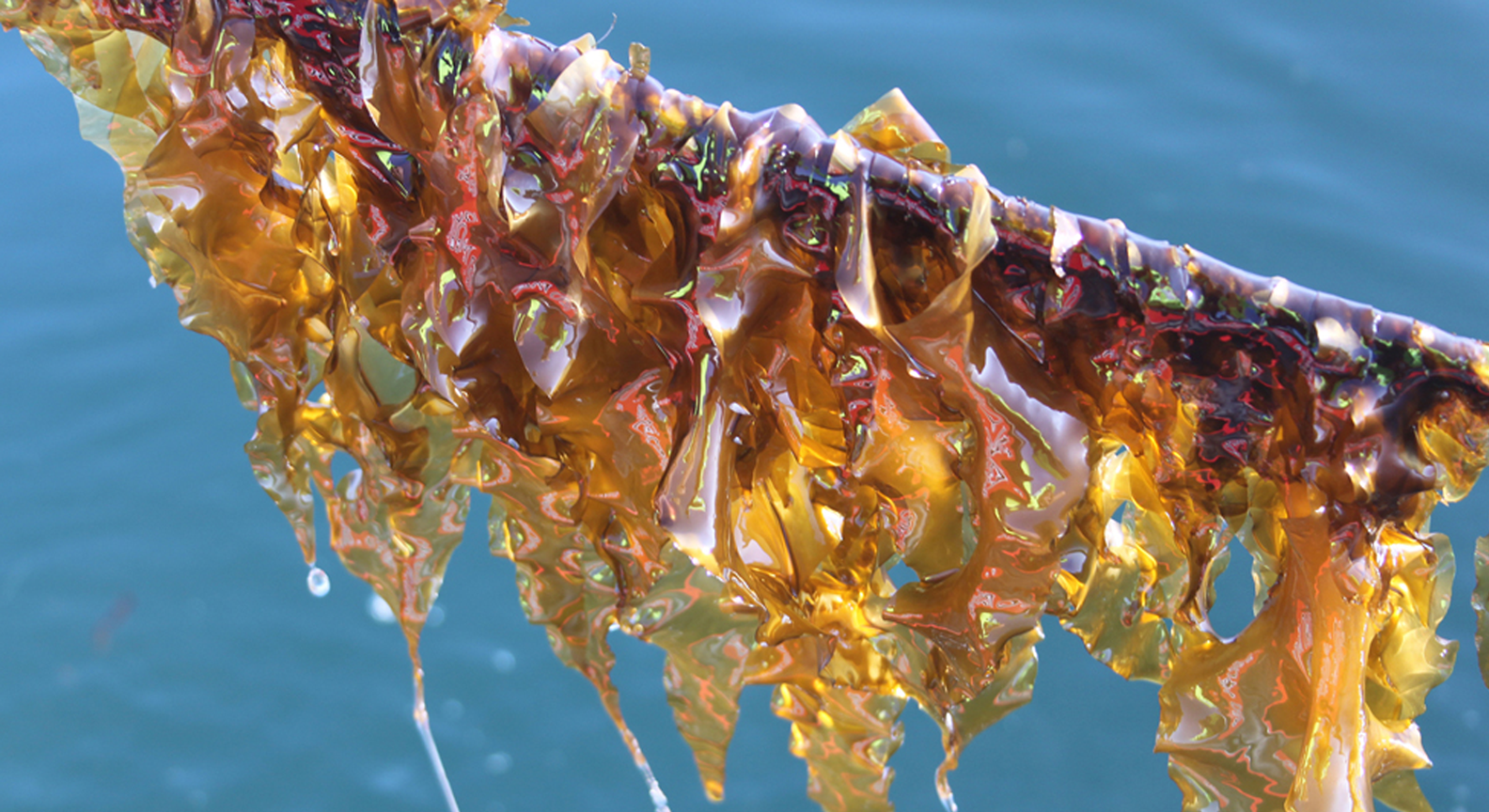
Integrated Multi-Trophic Aquaculture
The by-products of one aquatic species provides food for another in an innovative trial taking place in Loch Fyne.
The process, known as Integrated Multi-Trophic Aquaculture is a form of polyculture which mimics the nutrient flows in natural systems to produce multiple outputs from a food production system.
The trial in Loch Fyne is being progressed by the Scottish Salmon Company and the Loch Fyne Oyster Company in conjunction with the Scottish Association for Marine Sciences.

Integrated Multi-Trophic Aquaculture is common in small scale aquaculture in China as a traditional technique. However, it is a new approach for salmon farming, the dominant aquaculture in Scotland.
A range of shellfish have been used in the Scottish Salmon Company trial including: mussels, oysters and queen scallops, each of which have established markets, as well as sea urchins which are less established. The main seaweed species being grown in the trials is edible kelp.
Shellfish cultivation in Scotland is still a relatively small industry but is considered to have potential for growth. The trials demonstrate a productive and sustainable cultivation method that embraces the principles of a circular economy by making use of the nutrients present in otherwise wasted resources.
The economic and environmental benefits of nutrient recycling can be used as the basis for a more resilient salmon farming industry and a wider renewable marine bio-resource sector.


